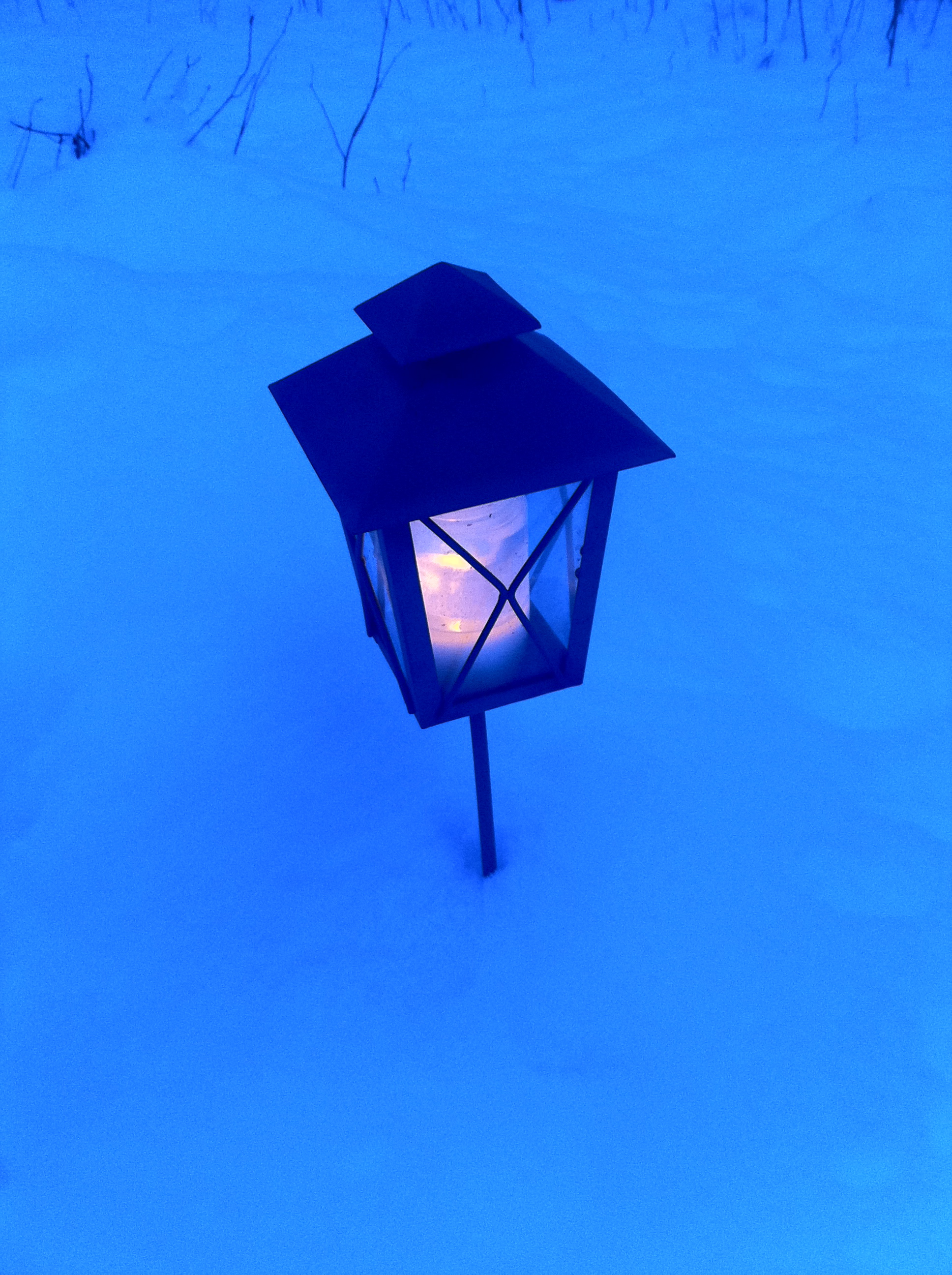Psychological, Not Sociological
 Friday, December 6, 2013 at 1:03PM
Friday, December 6, 2013 at 1:03PM Thanks to Audible's Cyber Monday sale (which would be the only one I actually got it together to take advantage of), I'm now listening to Methland, by Nick Reding.
He quotes Douglas Constance, a rural sociologist at Sam Houston State University, as saying that the US is a psychological, and not a sociological, nation. That is, when there are problems in our country, state, or city, we'll look to the individual as the source of the solution, and the nexus of blame, and not the larger society.
This rings more true to me than just about anything I've ever heard said about this country. A quick glance back through older posts will reveal that I'm not exactly a fan of our penchant for seeking individual solutions to societal problems, which would be exactly where this viewpoint breaks down in its ability to lead to real, substantial change.
However, I'm well aware that problems on the other side exist. A year or so in Sweden, a sociological nation if ever there were one, will do that. Why address problems on the individual level at all if the state will step in? And while I know there are many, many cultural factors at play, it's hard for me to not see this impacting the way people deal with each other in public spaces, when I'm the only person in a crowd who helps a woman pick up her groceries, or my husband is the only one in Ikea who helps two struggling shoppers lift a giant box.
Fascinating. Douglas Constance, if I'm spelling your name correctly, I'll have to check out some more of your work.
